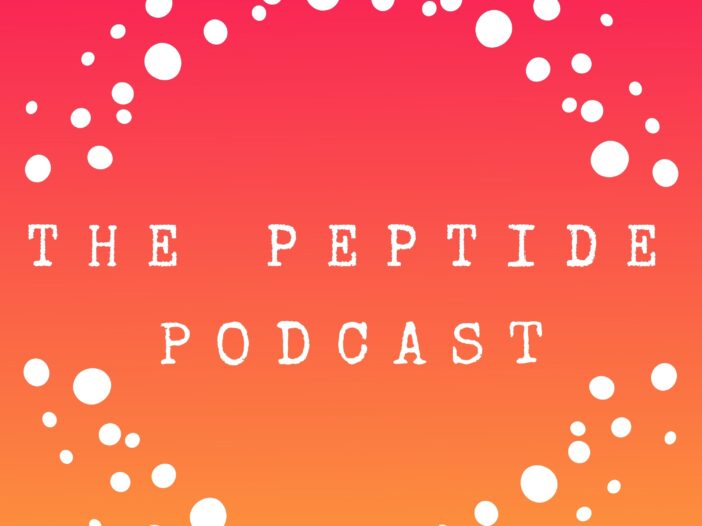
Today we’re going to talk about how to eat healthy while taking semaglutide. This is important because semaglutide should be used with lifestyle changes, including a healthy diet and exercise, to help people lose weight.
What is a healthy diet?
Studies suggest that most diets around the world are energy-rich and nutrient-poor. Let’s face it, many foods provide us with calories (energy) without much nutritional value.
On the other hand, nutrient-rich, whole foods are rich in nutrients and vitamins that are important for health, without too much salt, sugar, or saturated fat. The basic concept of a nutrient-rich, whole-food diet is the amountof nutrients you’ll get for the calories consumed.
Think of it this way: You’re reading the nutrition labels trying to decide between a quinoa or brown rice package. The rice has about 170 calories per serving but few vitamins and minerals. And although brown rice has less fat per serving, quinoa has more protein, double the fiber, and ten times the amount of folate. It also has more magnesium, potassium, phosphorus, iron, and zinc. So the quinoa option is the more nutrient-rich choice.
How to Identify Nutrient-Rich Foods?
You’ll want to make nutrition labels your friend. Look for nutrients like calcium, vitamin D, potassium, magnesium, and fiber. Try to avoid added sugars and sodium.
How to Add Nutrient-Rich Whole Foods to Your Diet
Try to choose complex carbohydrates because they slowly release sugar into the blood and provide the body with a steady energy supply. Some examples of complex carbohydrates are as follows:
- Quinoa
- Beans/lentils
- Brown rice, barley, oatmeal
- Sweet potato
- Corn
- Chickpeas
When choosing starchy carbohydrates, whole-grain options are best (e.g., barley, quinoa, millet, oats, brown rice, rye, sorghum, teff, popcorn, and wheat). They are high in fiber and help keep you full for longer, which may contribute to weight management.
A balanced approach to your diet is important. Your meals should include a variety of fruits and vegetables, whole grains, and healthy sources of protein (legumes, nuts, fresh fish, low-fat dairy, or lean cuts of meat).
What Foods Should I Avoid?
Try to avoid refined sugars, which are usually found in processed foods. These include foods like packaged snacks, candy, soda, and cereals. These foods may leave you feeling tired and have been linked to weight gain, Type 2 diabetes, and heart disease.
Sometimes it can be difficult to tell if food is processed. But reading the ingredients can help if you’re not sure. If any ingredient listed on the label isn’t used in kitchens, it’s probably processed food. Examples include fructose, high-fructose corn syrup, maltodextrin, and lactose, to name a few.
Thanks again for listening to The Peptide Podcast. You can find more information at pepties.com. We love having you as part of our community. If you love this podcast, please share it with your friends and family on social media. Have a happy, healthy week!
Pro Tips
We’re huge advocates of using daily collagen peptide supplements in your routine to help with skin, nail, bone, and joint health. But what do you know about peptides for health and wellness?
Giving yourself a peptide injection can be scary or confusing. But we’ve got you covered. Check out 6 tips to make peptide injections easier. And, make sure you have the supplies you’ll need. This may include syringes, needles, alcohol pads, and a sharps container.
Leave a Reply